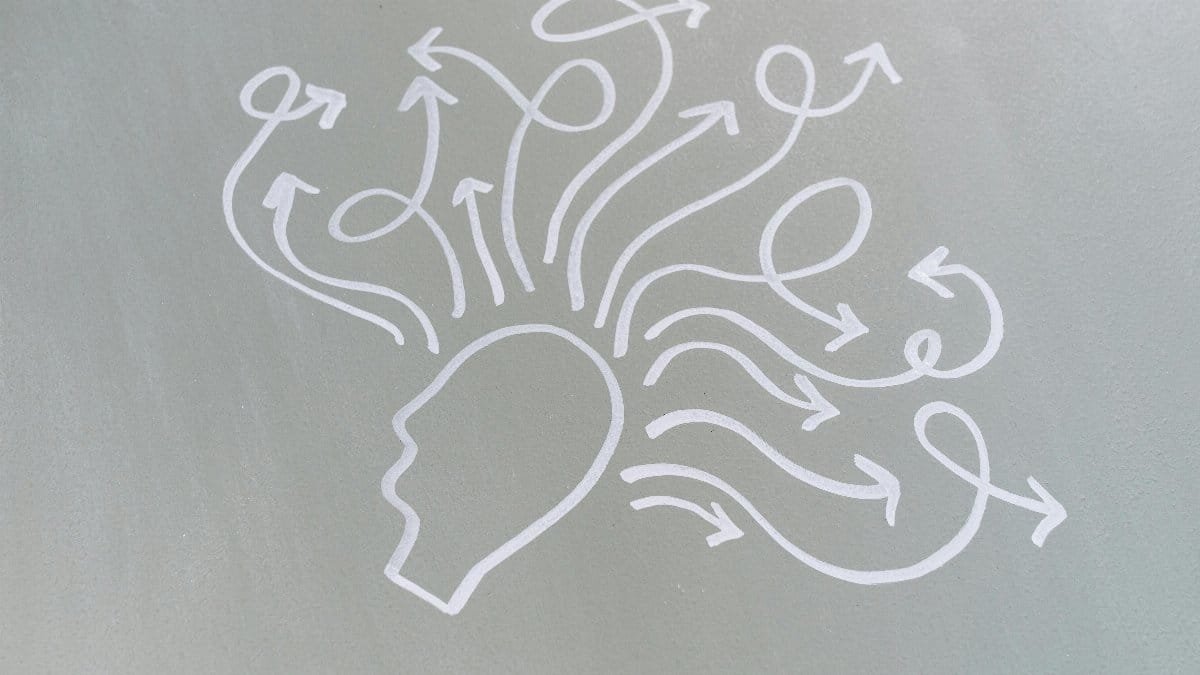You ever mess up and then spend the whole drive home rethinking every word you said? Not because you’re beating yourself up—well, maybe a little—but because deep down, you know something cracked. That’s where self-reflection healing begins. It’s not just sitting in silence or lighting candles. It’s sitting with the uncomfortable stuff, the raw moments, and asking yourself the one question we tend to avoid: “What part did I play in this?”
Why Self-Reflection Matters in Relationships

When a bond breaks—whether with a partner, parent, friend, or child—it’s rarely one-sided. But in the moment, it’s easy to blame. Slowing down to reflect can open up space for responsibility and healing. According to research from Harvard’s Center for the Developing Child, emotional self-awareness is a key factor in long-term relational success (Harvard). The first step? Owning your side of the story.
Listening to the Silence After the Fight

After the yelling stops or the texts go unanswered, the silence can be loud. That quiet moment is where self-reflection healing starts to take root. It’s where you can hear what was drowned out before—your tone, your tension, your truth. You don’t need to fix everything at once. But noticing your patterns? That’s a beginning.
How the Brain Responds to Honest Self-Reflection

Neuroscience shows that reflecting on past behavior activates the brain’s default mode network—the same system involved in empathy and moral reasoning (NIH Study). That means thinking about your role in a broken bond isn’t just emotional—it’s biological. Your brain is wired to learn from these moments. Self-reflection, done honestly, makes future reactions wiser, calmer, and more compassionate.
One Moment, One Memory, One Realization

Sometimes all it takes is one honest memory to shift everything. Like the time you rolled your eyes during an argument—or didn’t show up when someone needed you most. Those moments are like splinters: small, but they sting. Sitting with them isn’t easy, but it gives clarity. And clarity can spark change.
The Role of Shame—and How to Move Through It

Shame is sticky. It tells you you’re broken, not just that you messed up. But reflection helps separate the two. Clinical psychologists agree that processing shame requires self-compassion and accountability—not self-punishment (APA). You can say, “I messed up,” without saying, “I’m worthless.” That shift is healing in motion.
How Writing Can Break the Cycle

Grab a pen. No prompts, no plan. Just write what’s sitting on your chest. Studies at UCLA show that expressive writing reduces stress and increases emotional regulation (UCLA Health). It’s not about perfect sentences. It’s about clearing the fog. The page doesn’t judge—you do enough of that already.
When Reflection Becomes Reconnection

Self-reflection healing isn’t just for you. It creates a bridge. You might not send the text or make the call right away. But when you do, it’ll come from a clearer place. Someone once said, “When you understand yourself, you understand others better.” That’s not just spiritual fluff. It’s how reconnection begins—with honesty, not ego.
The Case for Saying Sorry—Genuinely

An apology without reflection is like a band-aid on a deep wound. But one that comes after real introspection? That lands differently. It’s not just “I’m sorry you felt that way.” It’s “I see what I did. I get it now.” According to research from the Greater Good Science Center, apologies that include acknowledgment of harm are far more likely to be accepted and to repair relationships (GGSC).
Reflection Doesn’t Mean Blame

Important reminder: reflecting doesn’t mean you’re always at fault. Sometimes the other person hurt you. But self-reflection healing is about understanding your part—not carrying the whole thing. It’s what keeps you grounded instead of bitter. You get to heal without absorbing all the guilt.
Practical Rituals to Support Reflection

Try these simple practices:
– Five minutes of silence before bed
– Writing down one thing you could’ve handled better
– Asking yourself each morning: “What energy am I bringing into my relationships today?”
They don’t take long, but they shift things. Ritual gives reflection a rhythm, and rhythm builds healing.
Stories from Real People, Real Bonds

One woman described how she replayed a fight with her sister for weeks. “I kept thinking she was cold,” she said, “but then I remembered how I snapped at her the week before. I never apologized.” Another man said his marriage started to mend the moment he owned his tendency to withdraw. “It wasn’t about changing overnight,” he shared. “It was about seeing it.”
Conclusion: Facing Yourself to Find Peace

Self-reflection healing isn’t always pretty. It’s slow, uncomfortable, sometimes painful. But it’s also real. When you face your part of the story, you open the door to forgiveness—both ways. Mending broken bonds starts within. And the good news? You already have what you need to begin.
Related Post: Why Vulnerability Deepens Love in Every Partnership
